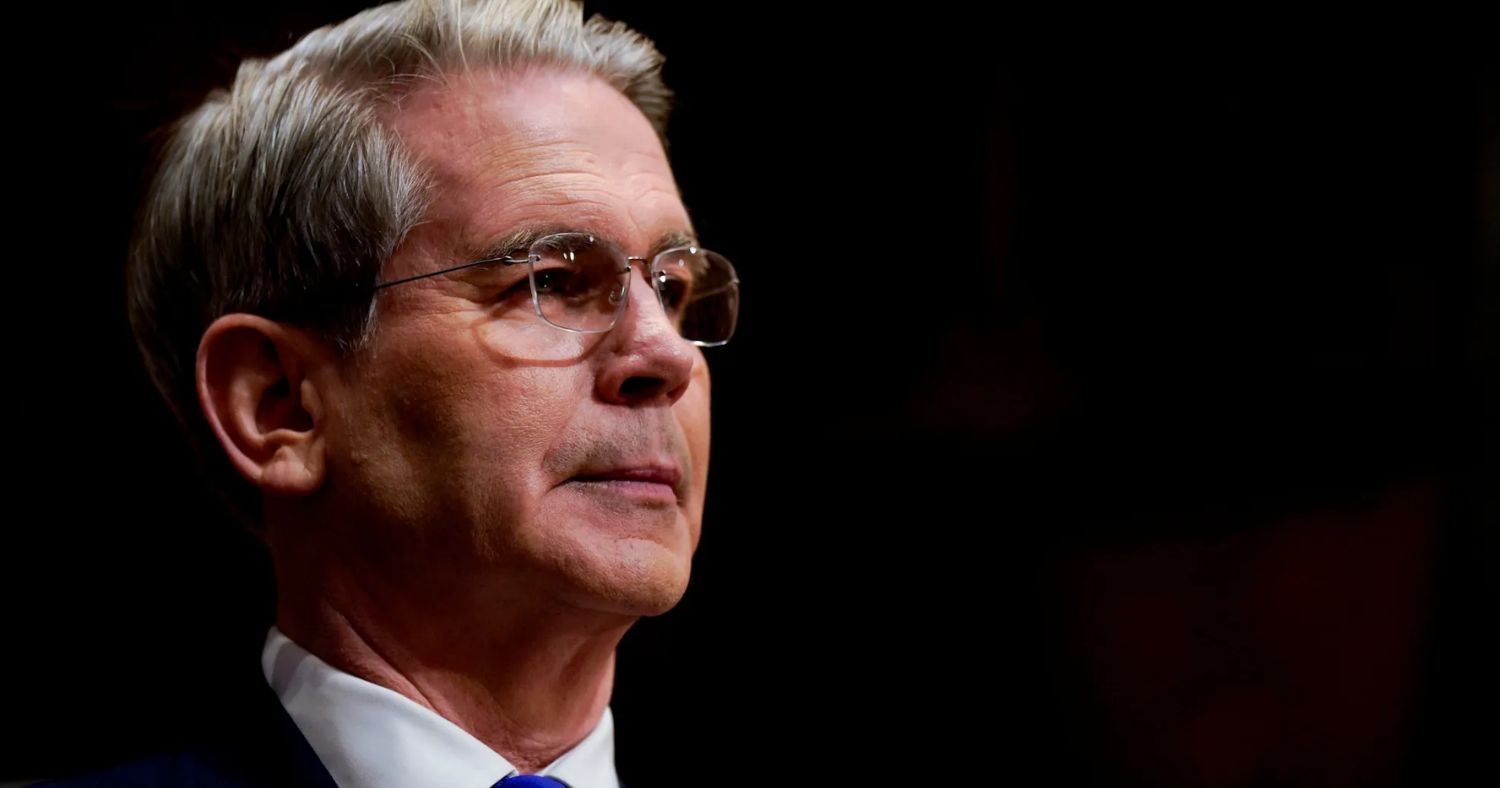US Treasury Secretary Scott Bessent sent ripples through the digital asset market this week, delivering seemingly contradictory remarks regarding the nation’s plans for its Strategic Bitcoin Reserve. The resulting confusion underscored the delicate balance between official policy and market reaction in the nascent crypto space.
On Thursday morning, Bessent appeared on Fox Business, stating unequivocally that the U.S. government would not be “buying that” — referring to additional Bitcoin. He clarified that the reserve’s growth would primarily stem from confiscated assets, adding a commitment to “stop selling” existing holdings. This statement was interpreted by many as a definitive halt to direct governmental Bitcoin acquisitions, disappointing numerous Bitcoin proponents who had hoped for active accumulation.

Scott Bessent on X
The market’s response was swift and sharp. Within 40 minutes of Bessent’s initial comments, Bitcoin’s price plummeted from approximately $121.000 to below $119.000, wiping out an estimated $55 billion from its total market capitalization. This immediate downturn was compounded by a stronger-than-anticipated U.S. Producer Price Index report, which fueled inflation concerns and dampened expectations for a September interest rate cut, further contributing to a risk-off sentiment across financial markets.
The Strategic Bitcoin Reserve itself, established in March through an executive order signed by President Donald Trump, currently holds an estimated $15 billion to $20 billion worth of Bitcoin, predominantly acquired from criminal seizures. Its creation signaled a strategic shift towards incorporating digital assets into national financial infrastructure, aiming to position the United States as a “Bitcoin superpower.”
However, Bessent’s message evolved later in the day. In an afternoon post on X (formerly Twitter), the Treasury Secretary clarified his stance, emphasizing the department’s ongoing commitment to expanding the reserve through “budget-neutral pathways.” He wrote, “Treasury is committed to exploring budget-neutral pathways to acquire more Bitcoin to expand the reserve, and to execute on the President’s promise to make the United States the ‘Bitcoin superpower of the world.’” Bessent elaborated that while seized Bitcoin would remain the “foundation” of the reserve, additional acquisitions were possible if the government identified suitable cost-offsetting strategies.
These potential strategies, previously discussed within policy circles, include revaluing the Treasury’s existing gold certificates or leveraging tariff revenues. Analysts suggest that employing such methods would effectively constitute a form of “buying” Bitcoin without directly impacting the federal budget deficit by necessitating new taxes or additional borrowing beyond planned expenditures.
The conflicting nature of Bessent’s statements left observers debating whether his morning remarks were misinterpreted or if they represented a strategic recalibration under market pressure. Some commentators noted his initial “not buying” comment appeared to be an unscripted remark rather than a formal policy declaration. Others speculated that his initial statement was specifically aimed at reassuring markets that taxpayer money would not be directly used for Bitcoin purchases, aligning with his later emphasis on “budget-neutral” approaches.
This ambiguity is not unprecedented. Since the inception of the Strategic Bitcoin Reserve in March — alongside a broader Digital Asset Stockpile for other digital assets — officials have consistently sought “budget-neutral” mechanisms for increasing holdings. Yet, a definitive plan remains unreleased, and the administration’s recent digital asset report notably omitted any mention of the topic. The recent departure of Bo Hines, the former head of the White House’s Council of Advisors on Digital Assets and a key architect of the reserve plan, further complicates the leadership and direction of this evolving strategy.
As the US aims to solidify its position in the global digital asset landscape, clear and consistent communication from top officials will be crucial in fostering market stability and investor confidence. The saga of Scott Bessent’s Bitcoin remarks serves as a stark reminder of the significant influence official pronouncements can wield over volatile digital markets.
You might be interested in:






